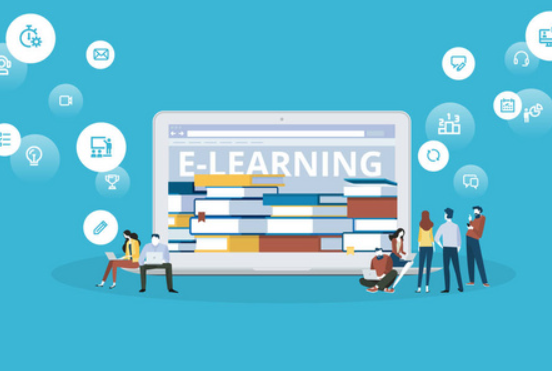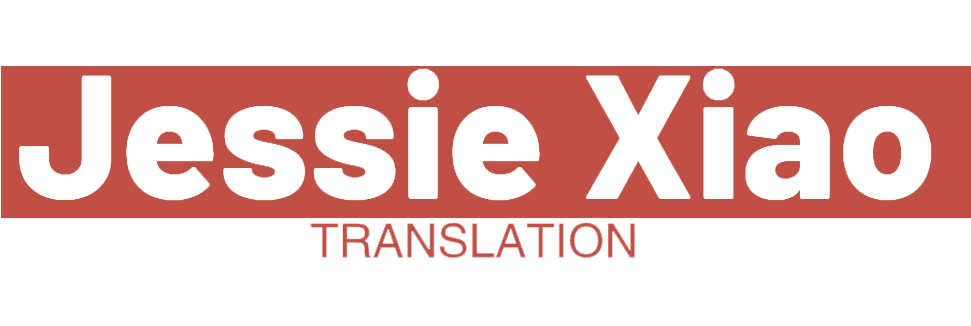In today's globalized world, the demand for e-learning translation has skyrocketed, facilitating access to educational content for learners worldwide. With the advancement of technology, online learning platforms have become increasingly popular, making education accessible to anyone with an internet connection. However, language barriers often limit the reach of these resources, emphasizing the need for effective e-learning translation.
E-learning translation involves converting educational content from one language to another, ensuring that the meaning and context are accurately preserved. This process requires a high level of linguistic proficiency and cultural sensitivity, as educational materials often contain complex ideas and terminology.
The significance of e-learning translation is immense. Firstly, it breaks down language barriers, allowing learners from diverse backgrounds to access the same educational resources. This not only promotes cultural exchange but also enhances the overall quality of education by exposing students to a broader range of perspectives and experiences.
Moreover, e-learning translation plays a crucial role in promoting educational equity. By translating educational content into local languages, it enables learners in underserved areas and disadvantaged groups to gain access to high-quality educational resources. This, in turn, helps reduce the disparities in educational opportunities and outcomes.

In addition, e-learning translation also contributes to the growth of the global economy. As more and more businesses and organizations operate internationally, the demand for multilingual professionals is increasing. By providing translation services for e-learning platforms, we are not only facilitating access to education but also contributing to the development of a skilled and diverse workforce.
However, it's worth noting that e-learning translation is a challenging task. The translation process must be accurate, consistent, and culturally appropriate to ensure that the original meaning and intent of the educational content are preserved. This requires a team of experienced translators and editors who are familiar with the subject matter and have a deep understanding of the target language and culture.
In conclusion, e-learning translation plays a crucial role in promoting access to education, reducing disparities, and contributing to the growth of the global economy. As the demand for online learning continues to grow, the need for effective e-learning translation will also increase. It's essential to invest in this area and ensure that learners worldwide can access high-quality educational resources regardless of their language or location.
